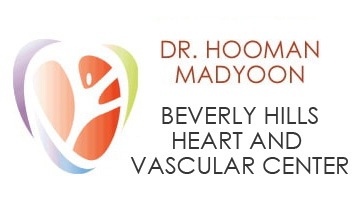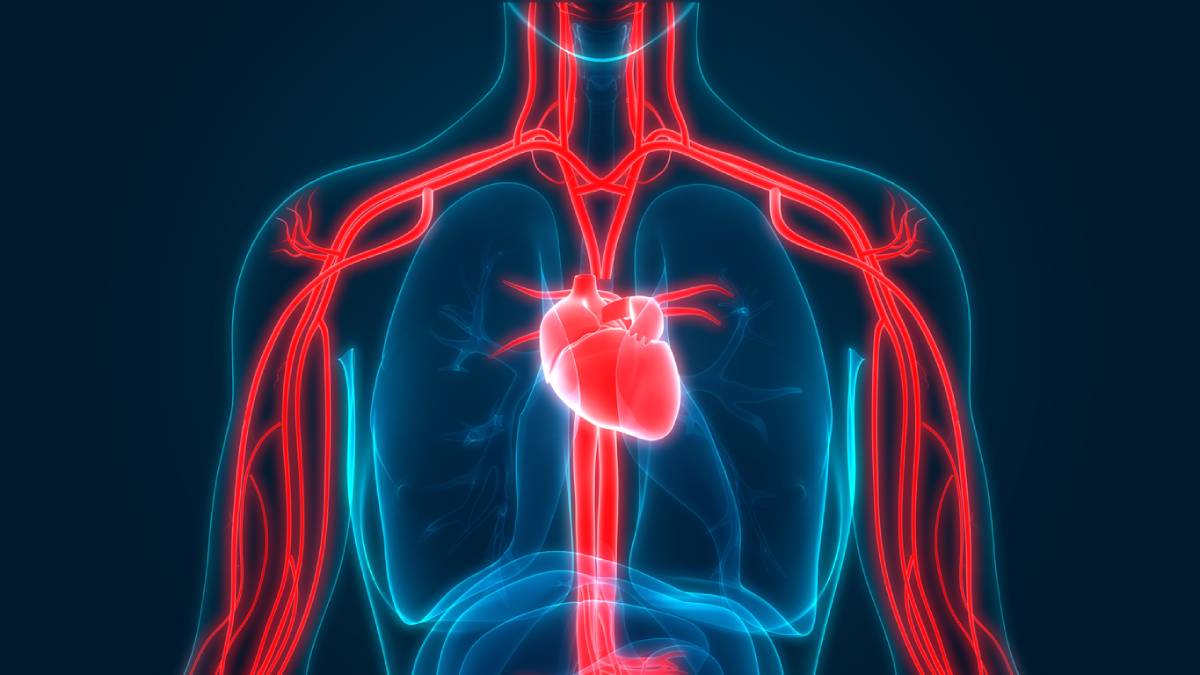Your veins are one part of a complex system of pathways that make up your cardiovascular system. They are primarily responsible for taking deoxygenated blood from the rest of the body back through the heart and lungs. Essentially, your veins have a vital role, and they often have to work against gravity to get the job done. So let’s see what your veins say about your health.
What Your Veins Say About Your Health
Keeping your veins healthy isn’t always easy, but healthy nutritional choices and regular exercise can help to maintain their structure and strength. When your veins begin to fail or run into other difficulties, those problems can tell your cardiovascular specialist in Los Angeles a lot about your general health.
These are relatively common scenarios that could lead to problems with your veins over time. If any sound familiar, you can discuss troubleshooting methods with your doctor to prevent damage to your cardiovascular system.
Standing or Sitting for Prolonged Periods
Our cardiovascular system works best when periods of motion and periods of rest occur frequently throughout the day. If your occupation or leisure activities require you to assume a relatively stagnant position for hours at a time, this may put too much pressure on your veins.
People who work as cashiers, office workers, or drivers are some of the most commonly affected. However, anyone who sits or stands in a stationary position for hours at a time is at risk. The standard recommendation is that you should change positions and walk around a little every thirty minutes or so.
Pregnancy
Pregnancy increases blood volume by an average of 40-45%. In some people, blood volume may increase as much as 100%. That’s a lot of pressure on your cardiovascular system even before you take the increased heart rate and the pressure of increased weight into account.
Varicose veins, especially in the legs, are a very common side effect of pregnancy. Fortunately, varicose vein treatment in Beverly Hills can help to reroute blood flow and eliminate the appearance of varicose veins.
Aging
Our veins are more likely to deteriorate as we get into the later stages in life. It’s a normal part of the aging process, but you can defer the worst effects by taking good care of your cardiovascular system.
High Blood Pressure
If you have high blood pressure for any reason that will put additional pressure on your veins. The increase in pressure could cause the walls of your veins to weaken over time. Those changes to your veins can make you more likely to develop conditions like varicose veins and blood clots.
The good news is that high blood pressure can usually be managed with a combination of medication, dietary changes, and more frequent exercise.
Obesity
Obesity is considered a risk factor for cardiovascular complications because of the pressure that excess weight puts on the veins, especially those running through your extremities.
While it is possible to maintain your cardiovascular health through good nutrition and regular activity, reducing the physical pressure on the cardiovascular system is often the most effective way to prevent future damage to your cardiovascular system.
Restrictive Clothing or Footwear
Blood needs to flow freely for your cardiovascular system to work properly. That is why staying in one position for too long increases the risk of problems. In a similar “vein,” restrictive clothing and footwear can cause similar complications.
While wearing something snug is perfectly fine, you should be wary of clothes or shoes that fit too tightly to your body. If a piece of clothing or a shoe leaves impressions on the skin after wearing them, then they could easily be restricting blood flow.
Talking to Your Cardiologist
When your cardiologist looks at your veins, they can see signs of all the steps you’ve taken to preserve your vein health and all the things you’ve done to harm it. In order to protect your veins over the course of your life, work with your doctor to find solutions that work for you.

